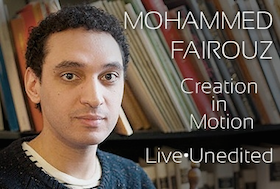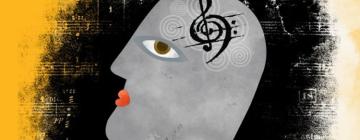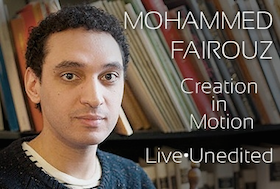
Historical trade routes and the worldwide hajj (pilgrimage to Mecca) have placed Saudi Arabia at the crossroads for centuries.
Yet, even with the largest annual gathering of people in the world, more than 2 million pilgrims, the young country — established in 1932 — and the 20,000-year-old history of the region remain relatively little known in the West; except for oil, religion (a major bastion of the Sunni branch), and conflict.
To counter that narrow view, Roads of Arabia: Archaeology and History of the Kingdom of Saudi Arabia has been making the rounds in Europe and the U.S., its ninth and final stop bringing it to San Francisco's Asian Art Museum, Oct. 24 through Jan. 18.
During the exhibit, there will be a number of concerts in Samsung Hall, some free with admission to the museum ($10-$15, free for members), but the Nov. 1 and Dec. 14 events with additional $10 charge for non-members:
- Oct. 25, 1:30-3 p.m., "Khaliji Art Alive," Zawaya and the Aswat ensemble to perform contemporary khaliji music, the rich and mesmerizing musical style of eastern Arabia. Omar Abbad directs the Bay Area’s premier Arab music ensemble in concert.
- Nov. 1, 2-4 p.m., pianist Lara Downes, baritone Zachary Gordin, and the Del Sol String Quartet will perform several solo and chamber works by Arab-American composer Mohammed Fairouz, one of the most frequently performed, commissioned, and recorded composers of his generation, at age 29.
- Nov. 16, 1:30—3 p.m., Zawaya and Aswat present an interactive music event, directed by virtuoso violinist and and singer Younes el Makboul. Performances include a recitation of the Qur’an and a performance by the Aswat youth ensemble. The program culminates in a presentation of sacred songs by the Aswat sacred music ensemble.
- Dec. 14, 2-4 p.m. — "A Dream on a Train to Marrakesh," Musical Art Quintet and Ancient Future, featuring George Lammam, perform several West Coast premieres of solo and chamber works, inspired by literary and historical influences reaching back to ancient cultures of the Arabian Peninsula

